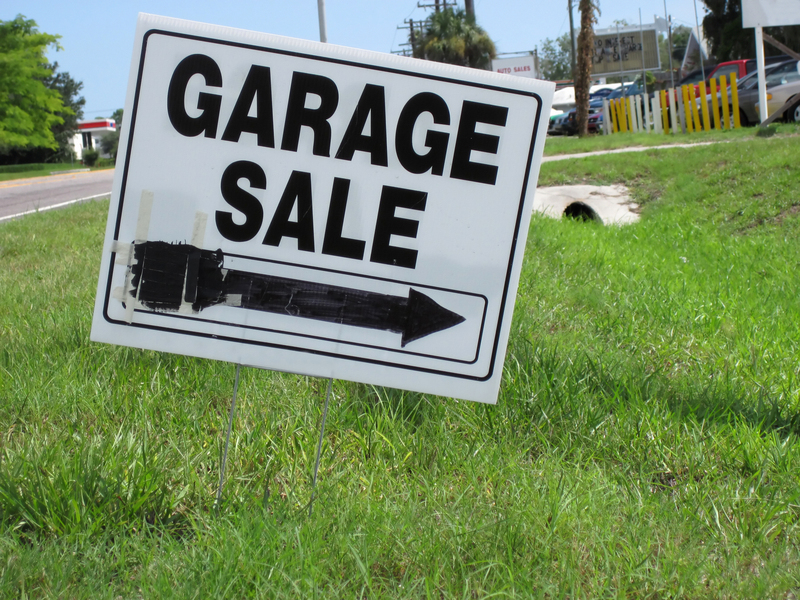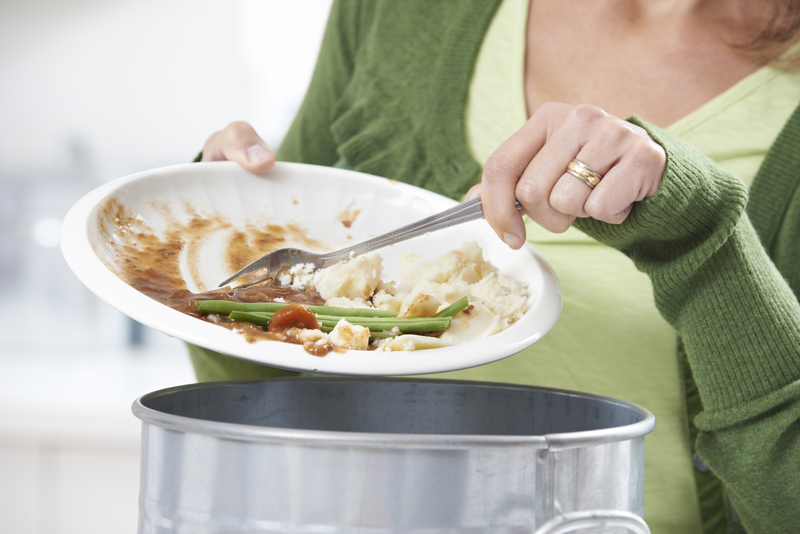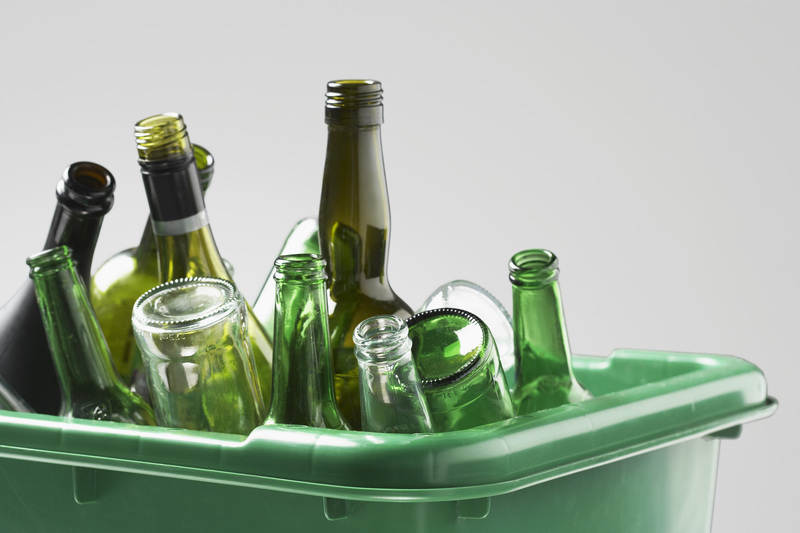Managing organic waste is crucial for maintaining environmental balance and promoting sustainable practices. Organic waste comes from various sources, including kitchens, gardens, and agricultural activities.
Hazardous waste is a category of waste materials that pose a substantial or potential threat to public health or the environment.
Recycling is a crucial practice for reducing waste, conserving natural resources, and mitigating the environmental impact.
As the world faces the pressing challenges of climate change and environmental degradation, the focus on sustainable living is greater than ever. One area under intense scrutiny is packaging.
Personalizing your home can be both a rewarding and creative process. One unique method to add character and charm to your living space is by repurposing old tiles.
In today's fast-paced world, proper waste disposal has become a major concern for both individuals and businesses. Improper rubbish removal not only harms the environment but can also lead to hefty fines and penalties.
Unused deck lumber can be a versatile and valuable resource if you know how to make the best use of it.
Food waste has become a serious issue in modern society, with approximately one-third of all food produced worldwide being wasted.
As the world continues to urbanize and industrialize, the generation of forest product waste has increased exponentially. Forest product waste includes materials like sawdust, bark, wood chips, and discarded tree parts.
In recent years, environmental consciousness has become more prominent, driving both individuals and companies to step up and reduce their ecological footprints.
In recent years, recycling has become an increasingly important topic in the UK.
In today's digital world, the clamor for immersive and nature-inspired holiday adventures has seen a significant rise.
 Essential Tips for Managing Organic Waste
Essential Tips for Managing Organic Waste  Hazardous Waste Consequences on Environment
Hazardous Waste Consequences on Environment Recycling Slip-Ups
Recycling Slip-Ups Organic Packaging Ideas
Organic Packaging Ideas Personalize with Old Tiles
Personalize with Old Tiles Pick the Right Option: Avoiding Fines with Rubbish Removal
Pick the Right Option: Avoiding Fines with Rubbish Removal What to Do With Unused Deck Lumber
What to Do With Unused Deck Lumber The Efficiency of London's Systems for Handling Food Waste
The Efficiency of London's Systems for Handling Food Waste Forest Product Waste Disposal
Forest Product Waste Disposal Going Green: Eliminating Plastics
Going Green: Eliminating Plastics From Refuse to Resource: The Growing Role of Recycling in the UK
From Refuse to Resource: The Growing Role of Recycling in the UK Nature-Inspired Holiday Adventures
Nature-Inspired Holiday Adventures




